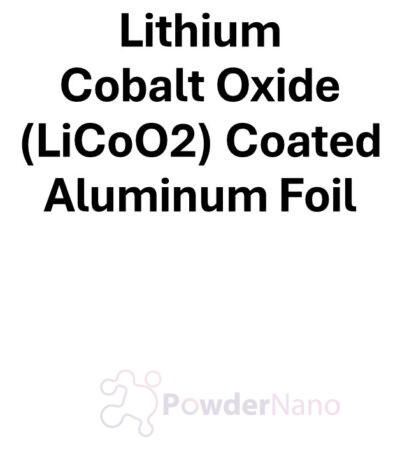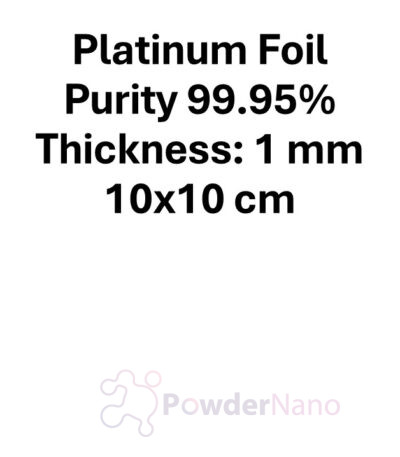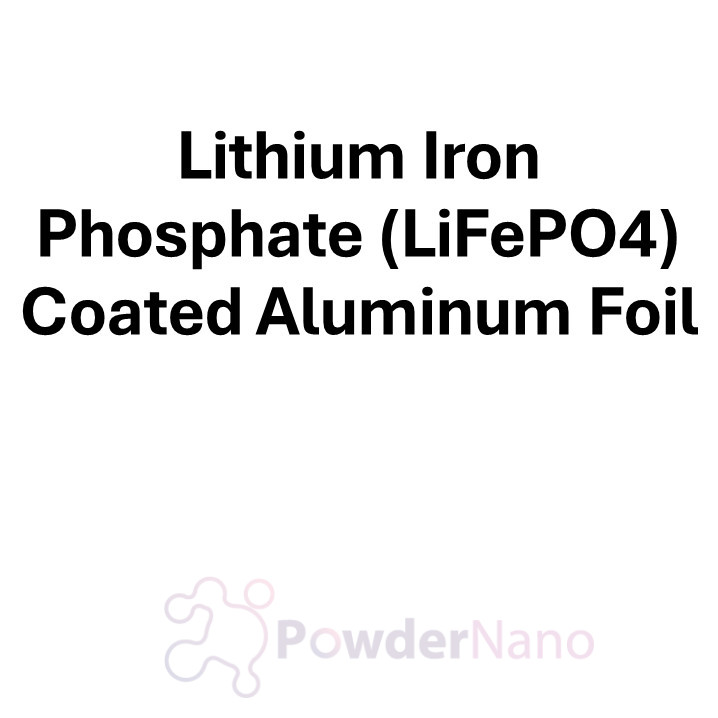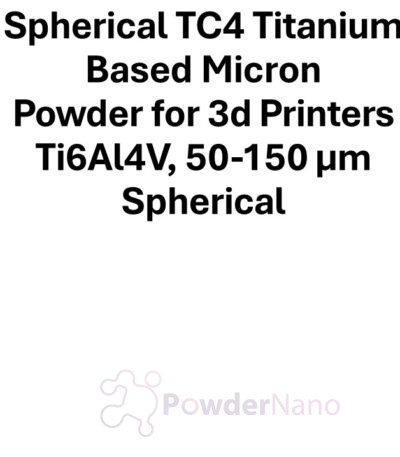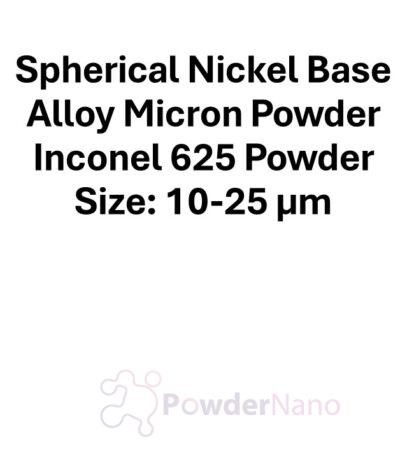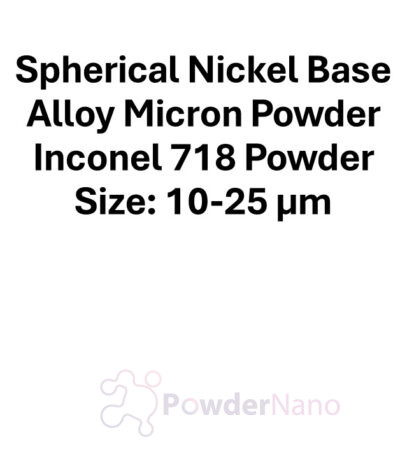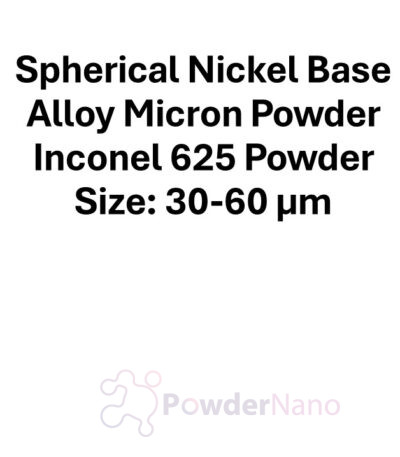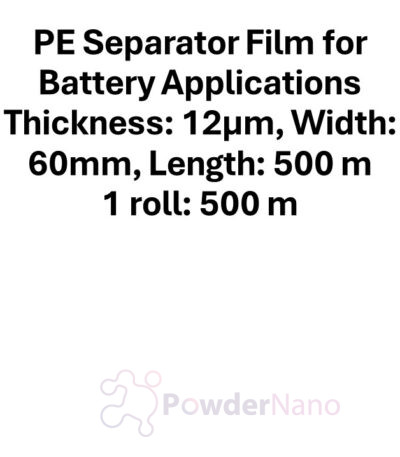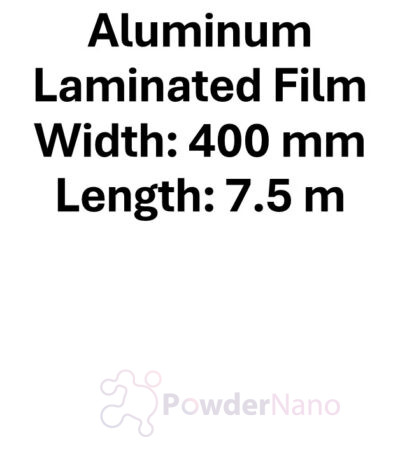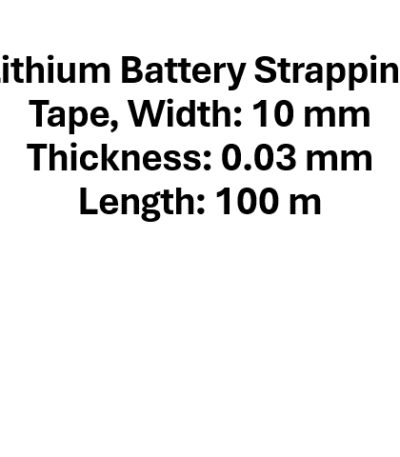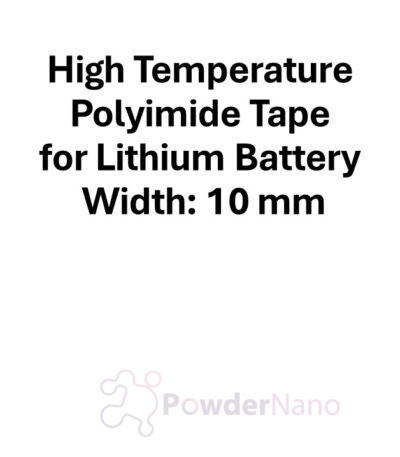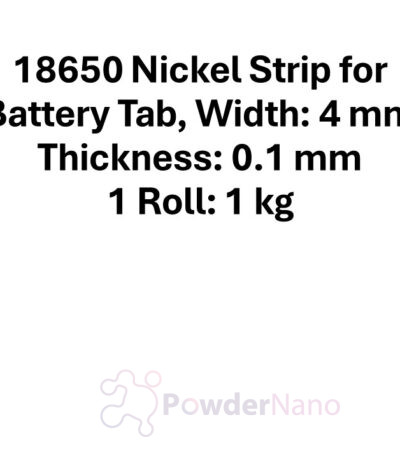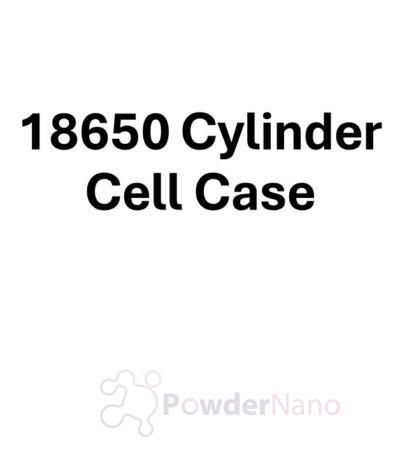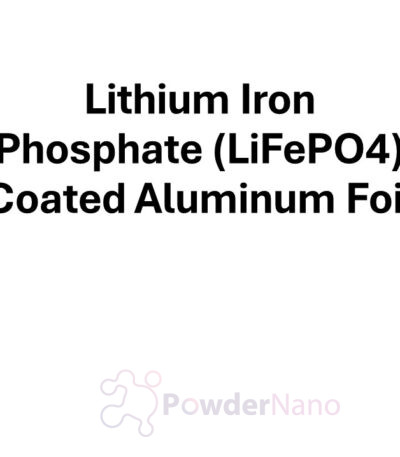Technical Specification:
- Material Composition:
- Active Material: Lithium Iron Phosphate (LiFePO₄).
- Known for excellent thermal stability, long cycle life, and high safety.
- Substrate: Aluminum Foil.
- Acts as a lightweight and conductive current collector for the cathode.
- Binder: Polyvinylidene fluoride (PVDF) or equivalent.
- Ensures strong adhesion of LiFePO₄ particles to the aluminum substrate.
- Conductive Additives: Carbon black or conductive polymers.
- Enhances electrical conductivity across the active material.
- Active Material: Lithium Iron Phosphate (LiFePO₄).
- Physical Dimensions:
- Aluminum Foil Thickness: Typically 12–20 µm.
- Coating Thickness: Customizable, commonly 50–100 µm per side.
- Width: Adjustable based on application (common widths range from 50 mm to 300 mm).
- Roll Length: Typically 50–1000 meters per roll.
- Electrochemical Properties:
- Capacity: Specific capacity of 140–160 mAh/g.
- Voltage: Stable operating range of 3.0–3.6 V.
- Cycle Life: Exceptional cycle stability, often exceeding 2000–5000 cycles.
- Thermal Stability:
- Highly resistant to thermal runaway, making it one of the safest cathode materials.
- Mechanical and Thermal Properties:
- Adhesion Strength:
- Strong bonding between LiFePO₄ and the aluminum substrate to withstand mechanical stresses.
- Thermal Resistance:
- Operates reliably in a wide temperature range: -20°C to 60°C, with some designs supporting up to 80°C.
- Adhesion Strength:
- Surface Properties:
- Uniform Coating:
- Ensures consistent electrochemical performance across the electrode surface.
- Porosity:
- Optimized for effective electrolyte infiltration and ion transport.
- Uniform Coating:
- Packaging:
- Delivered in rolls, protected with layers to prevent contamination or damage during handling and transport.
Applications:
- Primary Applications:
- Cathode Material for Lithium-Ion Batteries:
- Used in rechargeable batteries for reliable and long-lasting energy storage.
- Cathode Material for Lithium-Ion Batteries:
- Industries:
- Battery Manufacturing:
- Integral for producing lithium-ion batteries for a variety of applications.
- Electric Vehicles (EVs):
- Ideal for EV battery packs due to its high safety and long cycle life.
- Energy Storage Systems (ESS):
- Widely used in grid-scale renewable energy storage solutions.
- Consumer Electronics:
- Applied in devices requiring stable and long-lasting power sources.
- Battery Manufacturing:
- Advantages for Applications:
- High Safety:
- LiFePO₄’s excellent thermal and chemical stability reduces risks of thermal runaway.
- Long Cycle Life:
- Suitable for applications requiring frequent charging and discharging.
- Stable Voltage:
- Provides consistent power output over its operational life.
- Ease of Manufacturing:
- Pre-coated aluminum foil simplifies production processes, ensuring uniform quality.
- High Safety:
- Specialized Uses:
- Renewable Energy Integration:
- Ideal for solar and wind energy storage systems.
- High-Cycle Applications:
- Perfect for tools, EVs, and devices requiring repeated charge-discharge cycles.
- Battery Research and Development:
- Used in experimental setups to evaluate new electrolyte and separator technologies.
- Renewable Energy Integration:
- Challenges and Mitigation:
- Lower Energy Density:
- Compared to other cathode materials like NMC or NCA, LiFePO₄ has slightly lower energy density.
- Solution: Prioritize its use in applications where safety and longevity are critical.
- Compared to other cathode materials like NMC or NCA, LiFePO₄ has slightly lower energy density.
- Conductivity Concerns:
- LiFePO₄ has lower inherent conductivity.
- Solution: Incorporate conductive additives like carbon black or conductive polymers in the formulation.
- LiFePO₄ has lower inherent conductivity.
- Lower Energy Density:
Summary:
The Lithium Iron Phosphate (LiFePO₄) Coated Aluminum Foil is a high-performance cathode material for lithium-ion batteries. With its excellent safety profile, long cycle life, and thermal stability, it is widely used in electric vehicles, energy storage systems, and consumer electronics. The pre-coated aluminum foil simplifies manufacturing processes, ensuring uniform performance and quality in large-scale production.
